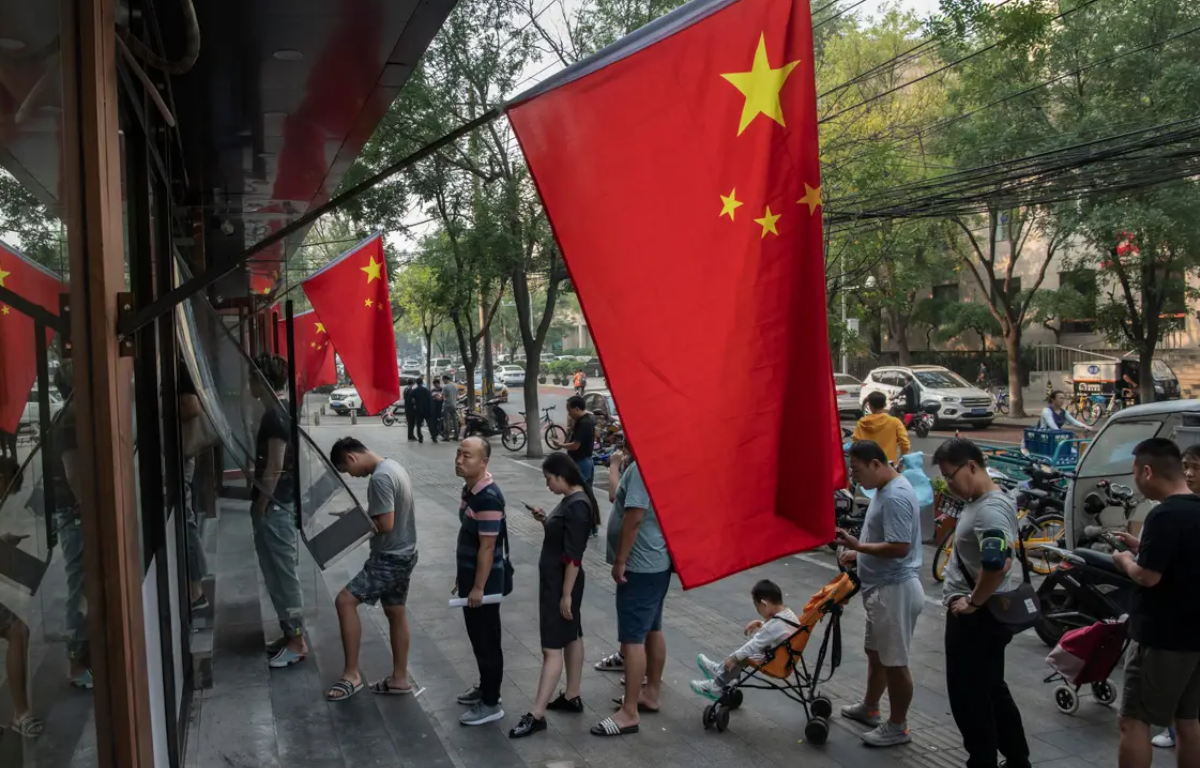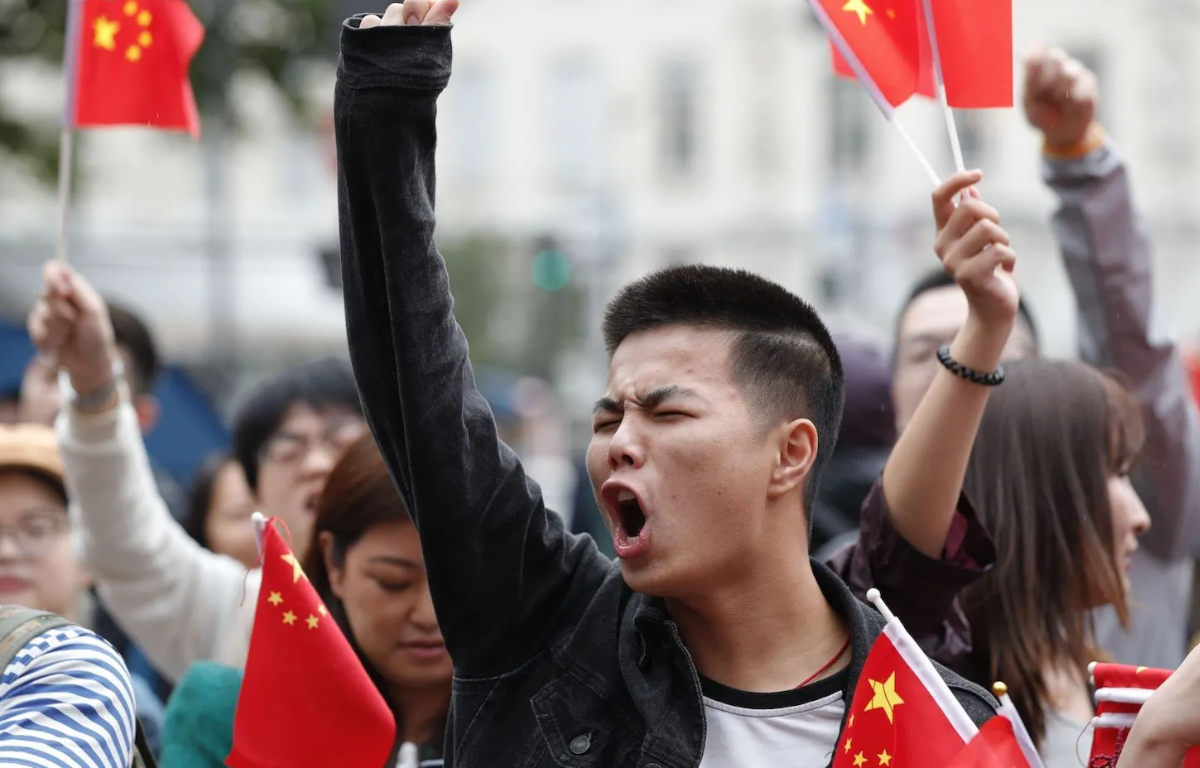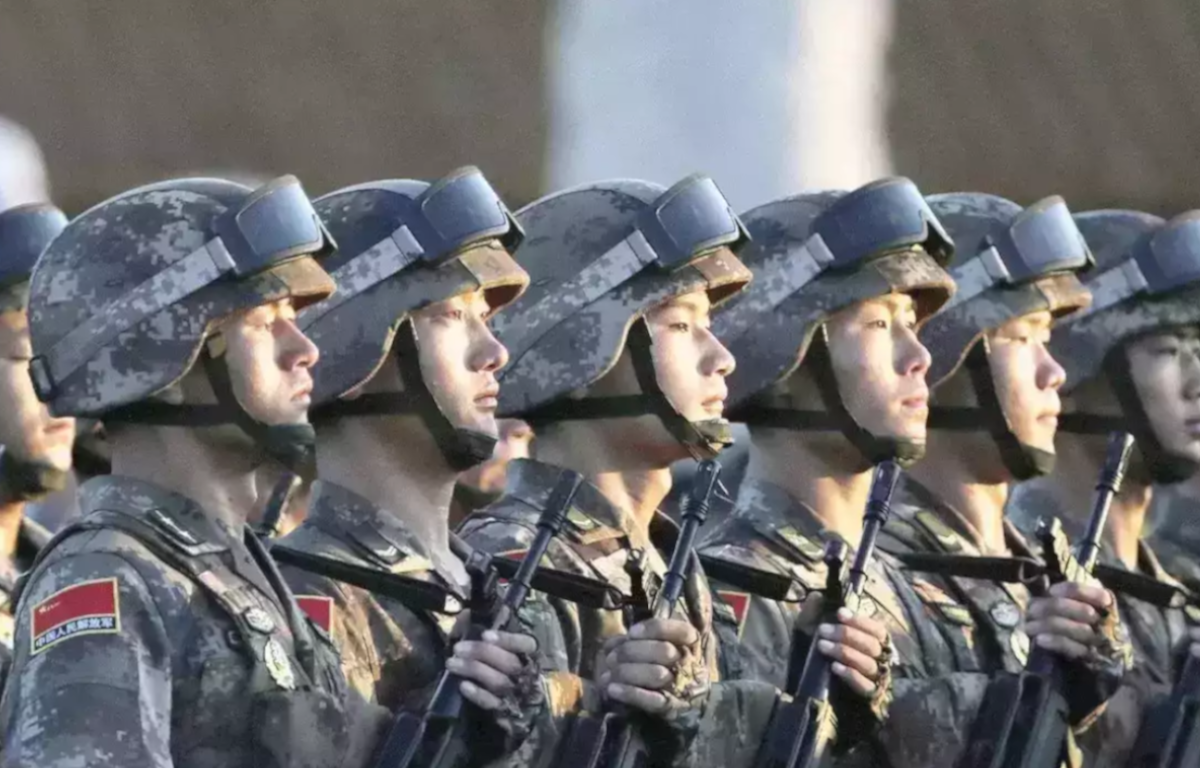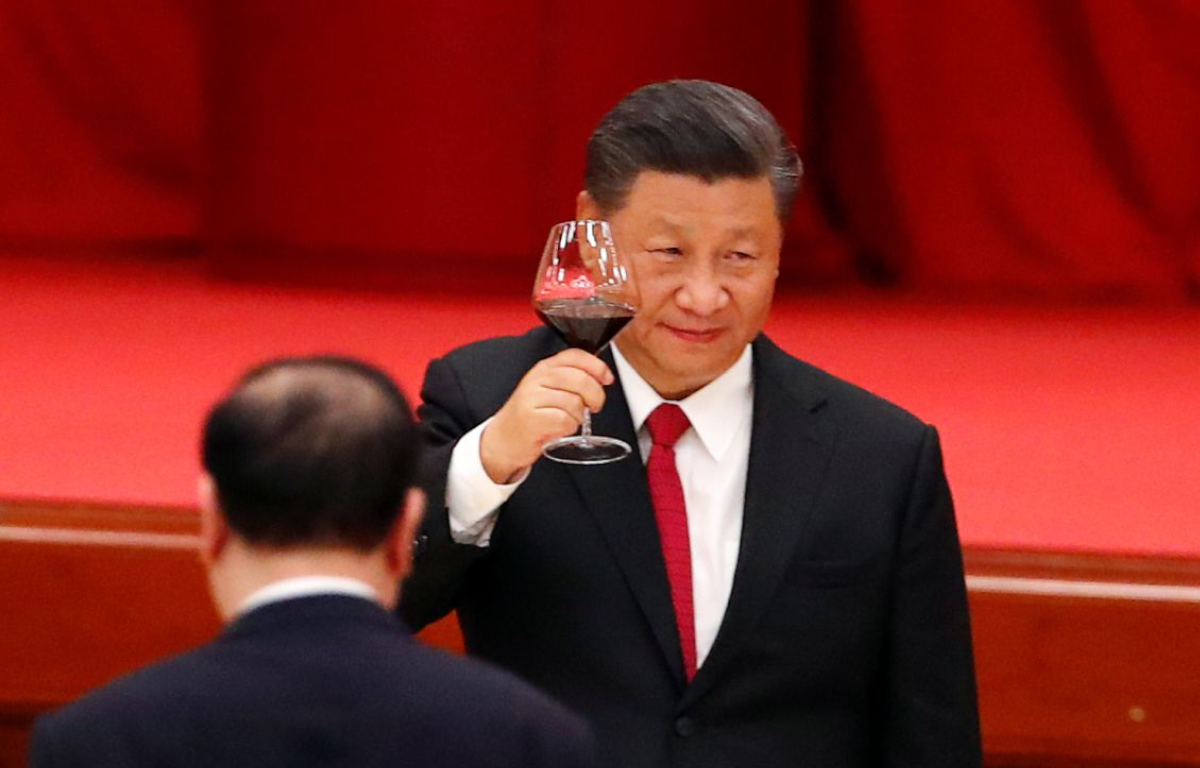
The restrictions prevent Chinese companies such as Huawei and Semiconductor Manufacturing International Corporation (SMIC) from purchasing chips from American suppliers, citing national security concerns. China alleges that the US has violated WTO rules by imposing these restrictions, prompting the WTO review.
As the world’s largest consumer of semiconductors, China relies heavily on chip imports, and the restrictions have caused significant disruption to the industry and supply chains. The US, on the other hand, is the largest producer of semiconductors and has been investing heavily in domestic semiconductor production to reduce its dependence on Chinese chips.
The review request could lead to the establishment of a dispute panel to hear the case. If the panel rules in favor of China, the US may be required to remove the restrictions. This outcome could have significant implications for the chip industry and US-China relations, which have been strained over the past few years.
The chip industry is critical to both countries, and they are investing heavily in their respective chip industries to become self-sufficient. China is investing over $1.4 trillion in its chip industry through its Made in China 2025 initiative, which aims to reduce its dependence on foreign technology. Meanwhile, the US is investing in emerging technologies such as artificial intelligence and quantum computing to maintain its technological edge.
The US and China’s competition for dominance in various industries has led to other trade disputes in the past, including the ongoing trade war. The chip industry is just one example of how tensions between the two countries could impact critical sectors and global supply chains.
The outcome of the WTO review could have far-reaching consequences, as it could set a precedent for how countries impose restrictions on critical technologies in the future. This review could also impact how countries approach international trade disputes and their reliance on the WTO to resolve them.










Share this: